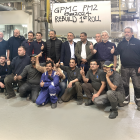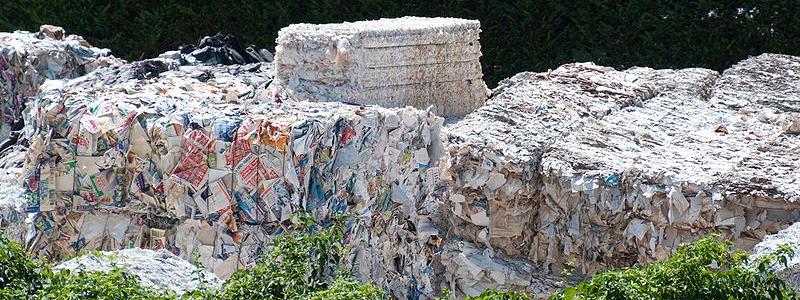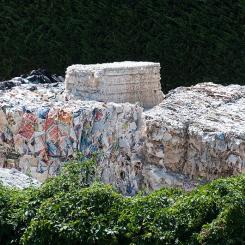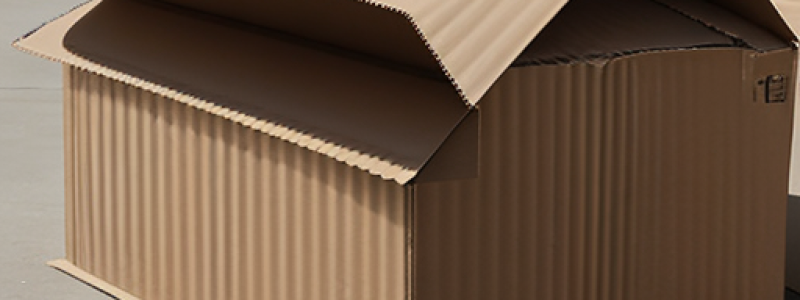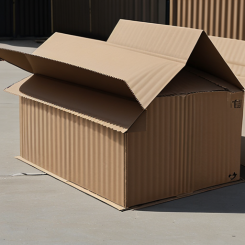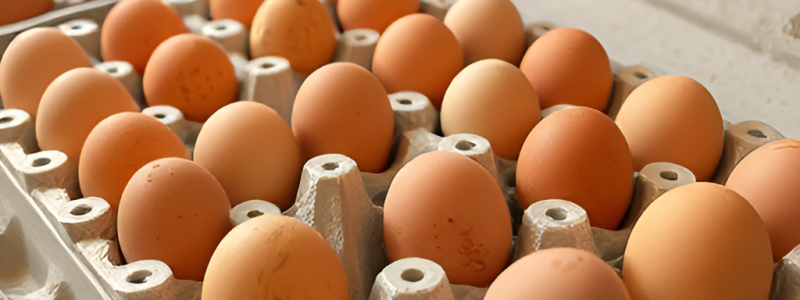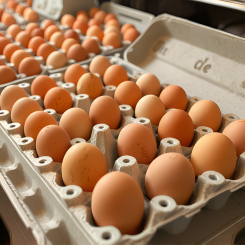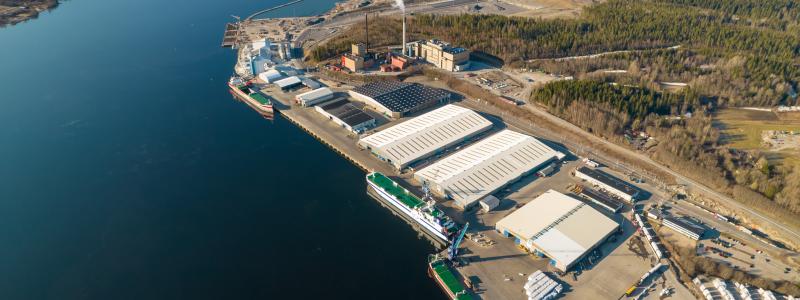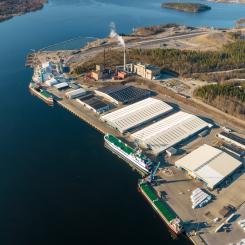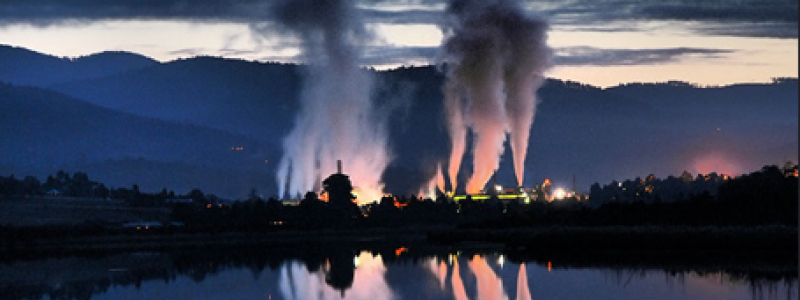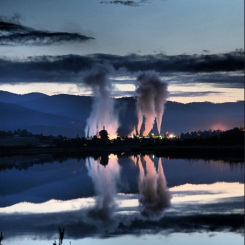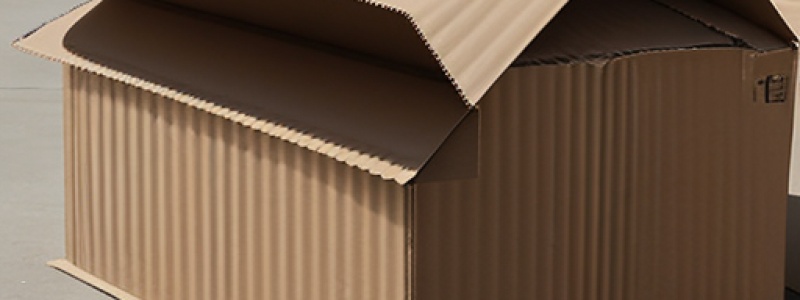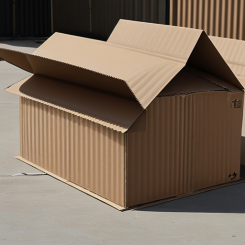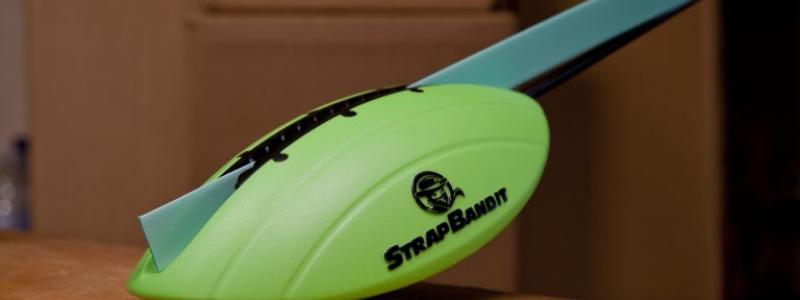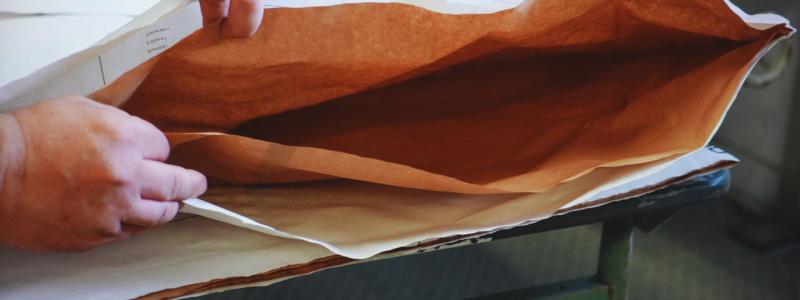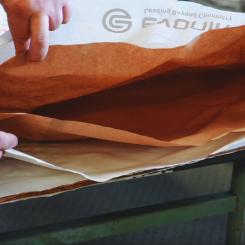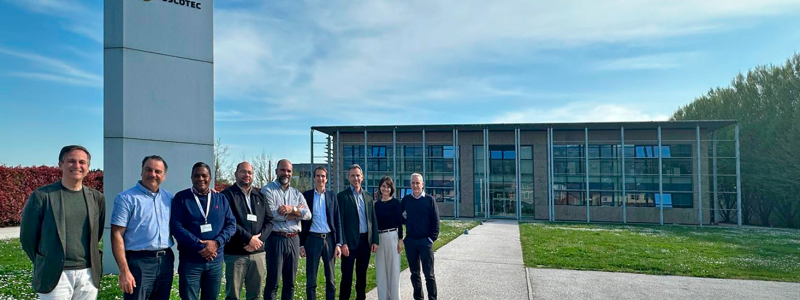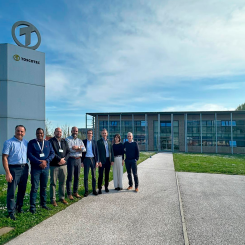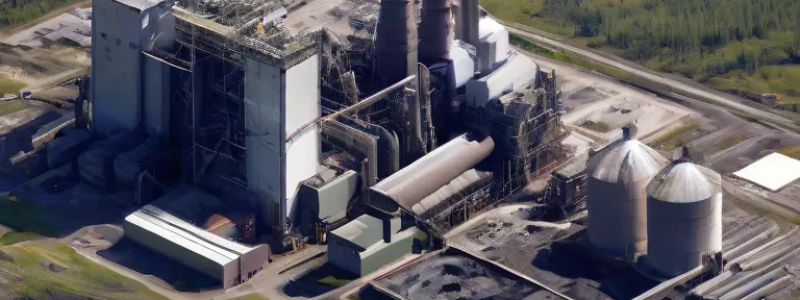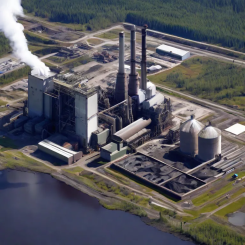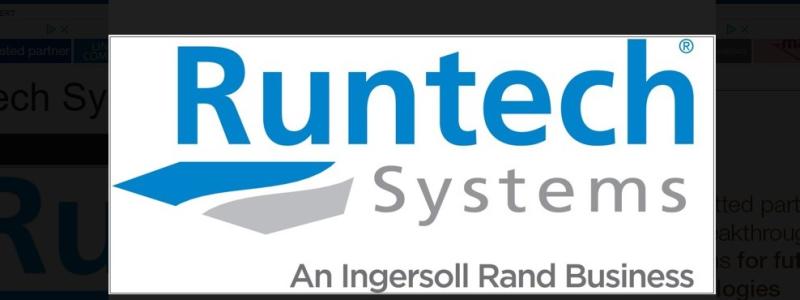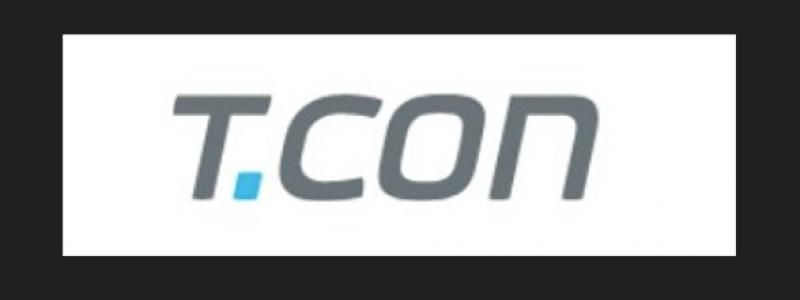Lenzing Technik GmbH has won a contract for the upgrade of the Sappi paper mill bleaching line at the Gratkorn site near Graz, Styria. In the framework of the retrofit program aimed at the long-term strategy for cellulose production at the Gratkorn site, the chemical recovery will be upgraded to be state-of-the-art. By doing so, Sappi also makes a substantial contribution to the reduction of sulfur dioxide (SO2) emissions. The contract awarded to Lenzing Technik encompasses engineering, equipment, assembling and start-up services. The time frame for the upgrade as well as the overall execution of the order will be defined by the upgrade of the leaching line. In March 2015, the plant will be shut down and only three months later, production will resume.
“As Lenzing Technik has been able to gain expertise in chemical recovery in the sulfite process on behalf of the Lenzing Group at both its sites in Lenzing and Paskov, we are pleased to have found a partner of such reputation for this contract.” This is how Siegfried Meissl, project manager at the Gratkorn mill, explains their motivation. The cellulose specialists from Lenzing will have the task to reduce SO2 emissions by efficiently recovering the magnesium bisulfite acid required in the cooking process that is part of fiber production, as well as extend maintenance intervals, thereby enhancing productivity.
“Based on the results of our simulation programs we expect to be able to reduce current SO2 emissions by a substantial percentage”, explains Herbert Hummer, Managing Director of Lenzing Technik. This is made possible by the expertise of the specialists at Lenzing Technik, who are well experienced in the field of chemical recovery in the sulfite process: after cooking, the cooking acid is collected, boiled down and eventually transformed into magnesium oxide (MgO) and SO2 by combustion. In the downstream multi-stage flue gas scrubbing, MgO hydrate is used in order to absorb SO2 from the flue gas and produce cooking liquor (magnesium bisulfite acid) again.
So far, a dry induced draft fan has been used after the electric dust filter and the flue gas has only then been saturated, causing high levels of wear and tear. Following the upgrade, the hot gases will be cooled down in a condensing scrubber directly after the electric filter. This reduces the flow rate for the induced draft fan, and the saturation process will be replaced with a full-fledged washing stage. “There will therefore be less wear and tear on the new, wet induced draft. The additional flue gas scrubber enhances the efficiency of the overall absorption process, thereby stabilizing the quality of the cooking liquor, which is a core component of our cellulose production”, explains Mr Meissl. “These measures reduce maintenance intervals and, thus, downtimes, thereby enhancing productivity. This is how Lenzing Technik makes an important contribution to ensuring the continuity of cellulose production in Gratkorn for the longer term.”

